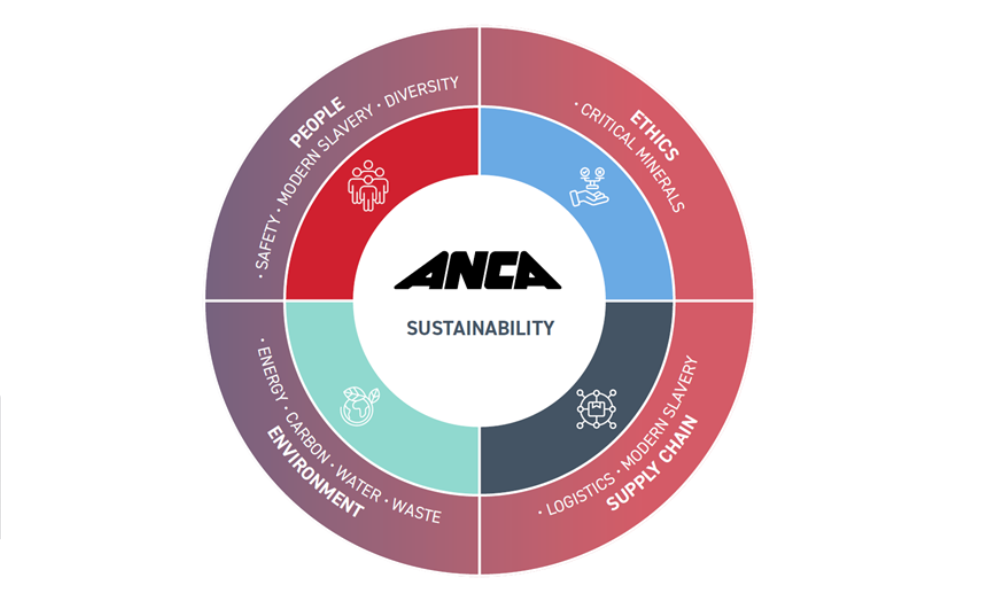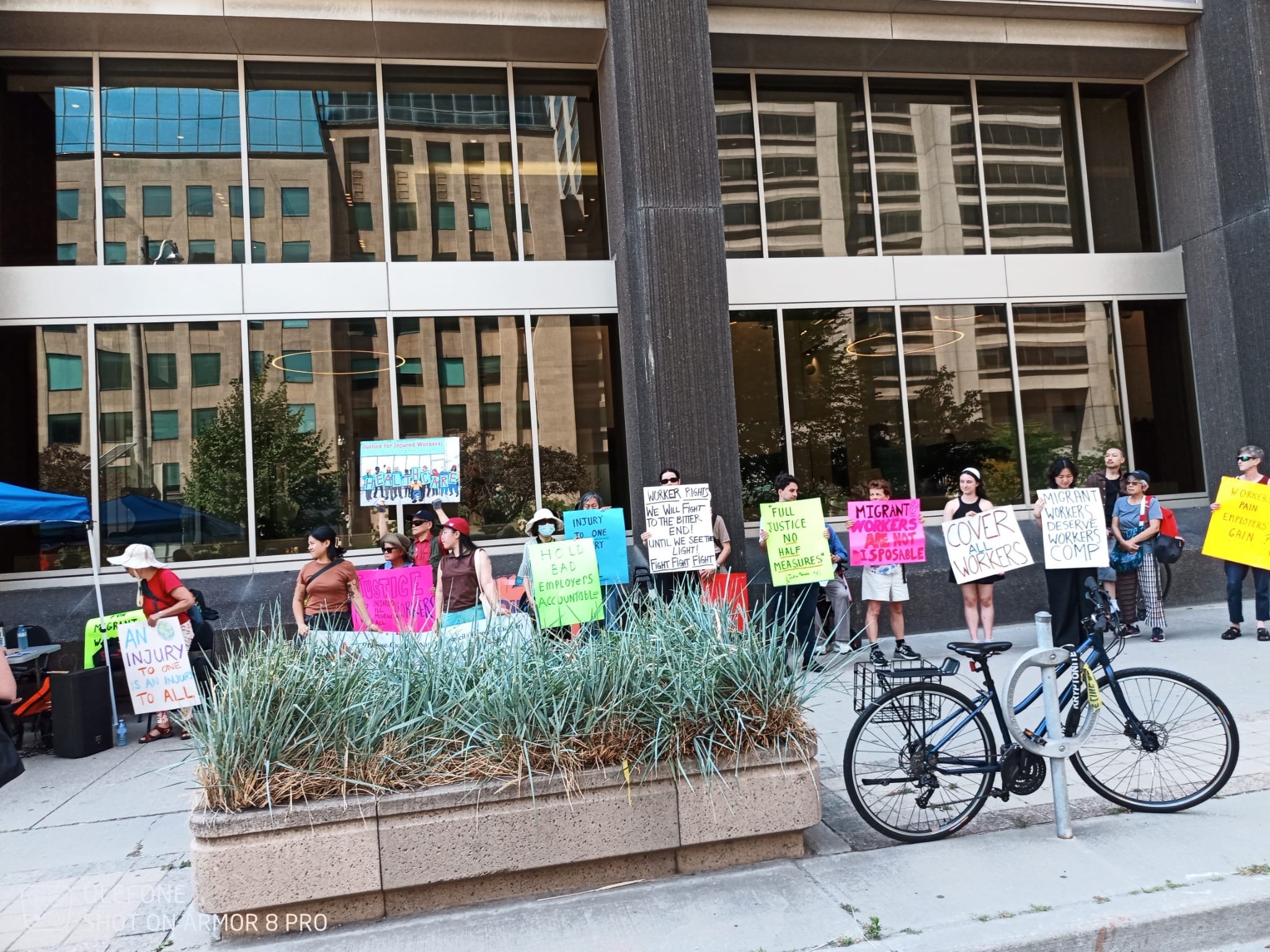Company's strategy aligns with the Science Based Targets initiative

ANCA, a global manufacturer specializing in CNC grinding and precision engineering technologies, has announced its inaugural Sustainability Strategy for 2025–2030. The strategy outlines the company’s environmental, social, and governance (ESG) goals for the next five years.
Climate commitments and emissions targets
ANCA’s new strategy aligns with the Science Based Targets initiative (SBTi), a framework designed to help companies reduce greenhouse gas (GHG) emissions in accordance with the Paris Agreement. The company has set targets to reduce absolute Scope 1 and 2 GHG emissions by 42% and Scope 3 emissions by 25% by 2030, using 2023 as a baseline. Planned measures include energy efficiency improvements, increased use of renewable energy, and collaboration with suppliers to address emissions across the value chain.
“Sustainability is not a finish line—it’s a commitment to evolving how we think, design, and operate,” said Martin U. Ripple, CEO of ANCA Group. “As engineers, we know progress is built on deliberate, smart steps. We’re proud to take this next step in our journey by integrating sustainability into every layer of our business.”
Governance and oversight
Implementation of the strategy will be overseen by a Sustainability Steering Committee comprising leaders from various business units, including Operations, Finance, and HR. The strategy is informed by a double materiality assessment, which considers both business impact and broader societal needs.
Key Focus Areas
- Environmental: In addition to emissions reduction, ANCA aims to redesign products for recyclability, reduce waste, and implement closed-loop systems.
- People and community: The company has set a target to maintain a Lost Time Injury Frequency Rate (LTIFR) of 6 or lower, expand graduate programs, increase female representation, and support STEM initiatives and charitable programs in multiple countries.
- Ethics and supply chain: ANCA plans to comply fully with the Modern Slavery Act 2018, transition to low-emission transport, and introduce a supplier code of conduct and sustainability rating system.
“Innovation is our DNA,” Ripple said. “Our strategy ensures that every breakthrough doesn’t just drive performance—it delivers lasting environmental and social benefit.”
Ripple added, “In our business, microns matter. That same level of precision guides our sustainability approach. Every reduction in emissions, every recycled part, every skill developed—it all adds up. Together, with our employees, customers, and partners, we’re not just keeping up with change - we’re driving it.”





